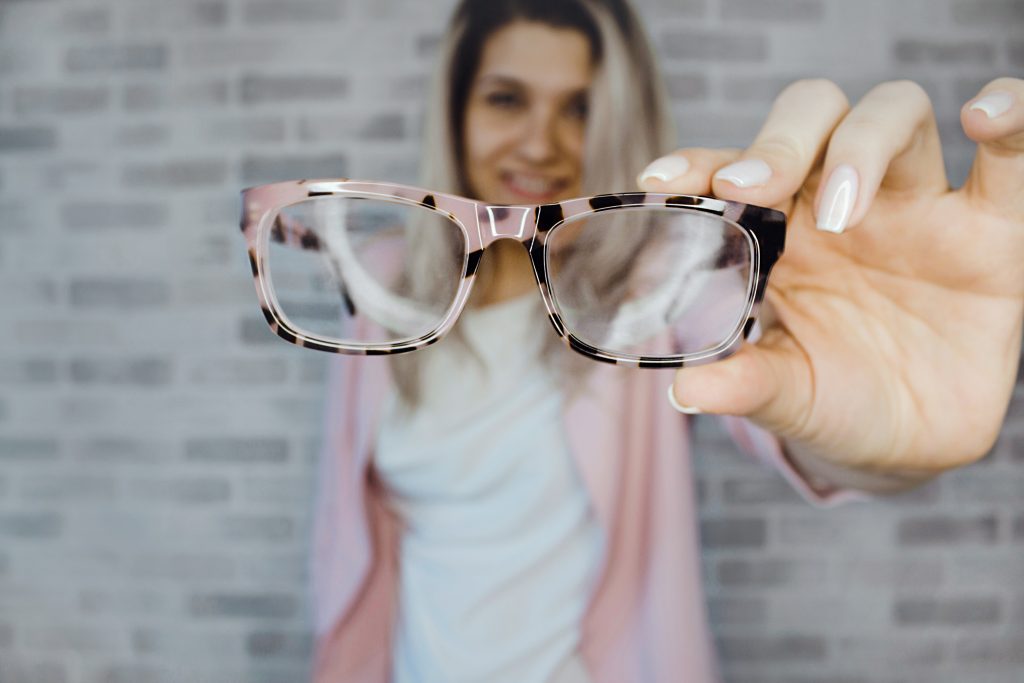When maintaining your health, it’s easy to overlook the eyes. After all, they’re hidden behind our eyelids. However, your eyes are vital to your overall well-being and health. They are responsible for giving you a clear vision and helping you see colors accurately.
In other words, having healthy eyes is important for every aspect of life, from work to play and everything in between. If you find yourself experiencing any of these symptoms regularly, then it’s recommendable getting an eye exam from an ophthalmologist as soon as possible:
Seeing Objects in Double
When an object appears double, it is called diplopia. It’s a symptom of an eye problem. Eye problems, including cataracts, glaucoma, and macular degeneration, can cause diplopia. If you see objects in double and your vision is otherwise normal, it’s most likely that your glasses prescription is incorrect for how you use your eyes.
In this case, getting an updated prescription would make it easier to focus on near objects without strain or fatigue.
Frequent Headaches and Eye Strain
You may be surprised to learn that eyestrain and headaches are often caused by inadequate vision correction. Therefore, if you are experiencing frequent headaches and eye strain, it may be a sign that your eyesight is not as strong as it should be.
Sometimes, this can be a symptom of an underlying condition like migraines or sinusitis. According to the CDC, nearly 11.6% of adults in the US suffer from sinusitis. If you experience these symptoms frequently when wearing your glasses, consult an optometrist to determine the cause of your discomfort.
Once you’ve had an eye exam with your doctor, they can determine whether or not glasses or contact lenses will help alleviate these symptoms. If so, don’t hesitate to approach the nearest eye glass store for more information on how to get started.
Inability to Focus On Close Objects
One of the common symptoms of nearsightedness is the inability to focus on close objects. It is also called myopia. It is a condition where the light rays are focused in front of the retina. It makes it difficult for people with this condition to see distant objects clearly, and what’s happening in front of them.
There are more than 3,000 retina specialist ophthalmologists in the US, as per ASRS, to visit if you have issues related to the retina. If you’re experiencing this symptom, it could mean that you need corrective lenses or an eye exam from an ophthalmologist, a specialist in eye care and vision correction.
The symptoms of nearsightedness can be milder or more severe. In some cases, people may not realize that they have this condition until an eye exam reveals it.
Occasional Blurry Vision
If your vision is blurry from time to time, it could be caused by dry eyes or allergies. You can treat dry eyes with eye drops or allergy medication, and seasonal allergies can also be treated with over-the-counter eye drops.
But if you have blurry vision that happens when you’re not blinking because of something new in your prescription, it might be time for an updated pair of glasses. It’s also possible that a new prescription, contact lens, or sunglasses cause the problem. If the problem persists after these factors are ruled out, it may require a visit to an ophthalmologist.
Seeing Better at a Distance Than Up Close
If you can see better at a distance than up close, it’s likely because you have farsightedness. Thus, it is when the cornea and lens of your eye are not focusing light properly on your retina. In other words, they’re out of whack. But don’t worry; you may need to get sunglasses or contacts.
You might also be experiencing astigmatism, which causes blurry vision at all distances when light passes through the eye’s lens.
If either of these or any other symptoms affect your sight, head to an optometrist today for an exam. They can determine what might be causing them and prescribe corrective lenses accordingly.
Difficulty Driving at Night
Nearly everyone has driven at night, but for someone with vision problems, driving in darkness can face major difficulty. It happens because your eyes have trouble adjusting to low light conditions and may be unable to see anything clearly except what’s directly in front of them.
If you find yourself struggling with night driving often, this could be a sign that you need prescription sunglasses or contact lenses. According to IBIS World, in the US, the glasses and contact lenses market will account for nearly $1 billion in 2022.
In addition, one of the main symptoms of nearsightedness, falling back on glasses when it gets dark, could help alleviate these challenges and ensure getting enough rest during daylight hours.
These Symptoms Point to Different Kinds of Vision Problems
If you experience any of these symptoms, see an eye doctor as soon as possible. If left untreated, your vision loss could worsen and lead to blindness. Fortunately, there are several ways to treat blurry eyesight and improve your vision. Glasses can help correct eye conditions like strabismus, frequent headaches, and blurry vision.
If you have trouble focusing on objects, corrective lenses may be necessary. Another option is contact lenses which correct nearsightedness and farsightedness, but they don’t help people who need bifocals or trifocals because they only work with one eye at a time.













